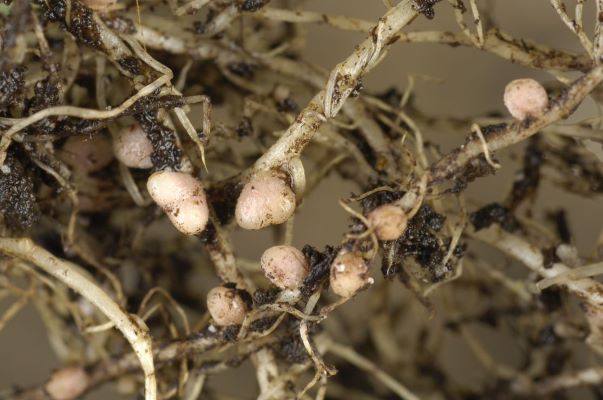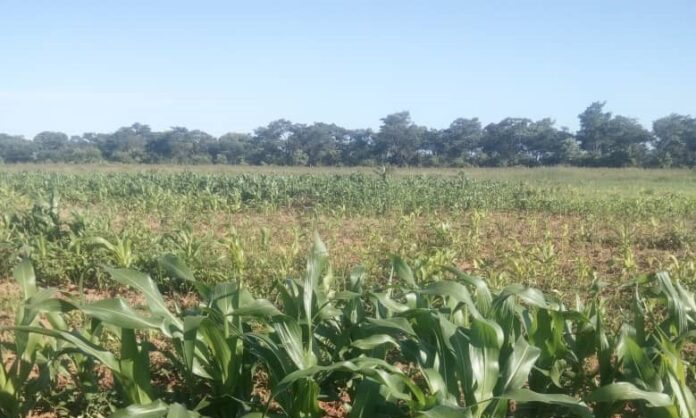A Cambridge University-led project to develop self-fertilizing crops for African farmers has become the latest grantee of Bill & Melinda Gates Agricultural Innovations (Gates Ag One).
The US$35 million (£28 million) grant will support the Engineering Nitrogen Symbiosis for Africa (ENSA) research programme over the next five years. The research consortium focuses on improving nutrient uptake by food plants to reduce the need for fertilizer across some of the world’s most degraded land.
ENSA scientists are breeding plants to maximize the naturally occurring processes in which fungi and bacteria help crops to convert more nutrients from the soil.
“The pioneering work of ENSA is fundamental to levelling the playing field for smallholder farmers in Africa, leveraging the latest crop technology to ensure all communities have the chance to thrive,” said Joe Cornelius, CEO of Gates Ag One. “Breakthrough advances in crop science and innovation mean intractable challenges like nutrient uptake and soil health need not hold back agricultural development. We’re delighted that Gates Ag One can support ENSA to continue its work to meet the needs of smallholder farmers.”
As much as 65% of productive land in Africa is considered degraded, according to the UN, which means crop yields are only around a third of the global average. Fertilizer is often a costly and inaccessible resource for many smallholder farmers in Africa, which accounts for just 4% of global fertilizer consumption and relies heavily on exports from Russia, while the ongoing war in Ukraine has driven up prices by up to 150%. Developing crops with greater ability to take in nutrients through natural processes would therefore automatically increase yields without the need for fertilizer.

ENSA is the latest research project to receive funding from Gates Ag One, which recently announced a grant for the Realizing Increased Photosynthetic Efficiency (RIPE) project, of which Cambridge University is a collaborator. A not-for-profit subsidiary of the Bill & Melinda Gates Foundation, Gates Ag One was created to leverage global crop science to meet the needs of smallholder farmers in Africa and South Asia. It focuses on accelerating research that enhances the biological processes of six priority food crops: cassava, cowpea, maize, rice, sorghum, and soybean.
ENSA’s work optimizes the interactions between crops and microorganisms to make better use of nutrients already present in the air and the soil, including nitrogen and phosphorus. At present, only legumes like beans and peas can naturally convert nitrogen from the soil through bacteria known as rhizobia. Replicating this ability in other crops, such as cereals, would sustainably increase yields of critical staple foods.
“African agriculture is at an inflection point, with vastly increasing demand at a time when supply is at risk, especially due to a changing climate,” said Giles Oldroyd, Director of the Crop Science Centre and Russell R Geiger Professor of Crop Science. “The outcomes of this work have the potential to see gains as great as those from the Green Revolution, but without relying on costly and polluting inorganic fertilizers. Increasing production of crops sustainably in smallholder farming systems, like those in sub-Saharan Africa, directly addresses some of the worst poverty on the planet.”
ENSA is a Cambridge-led international collaboration with partners: University of Oxford, UK; NIAB, UK; Royal Holloway University of London, UK; Aarhus University, Denmark; Wageningen University and Research, The Netherlands; University of Freiburg, Germany; University of Toulouse III Paul Sabatier, France; University of Illinois, USA; Pennsylvania State University, USA.








